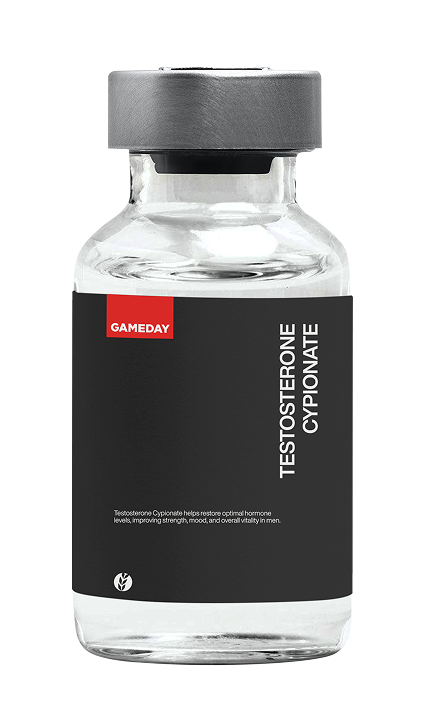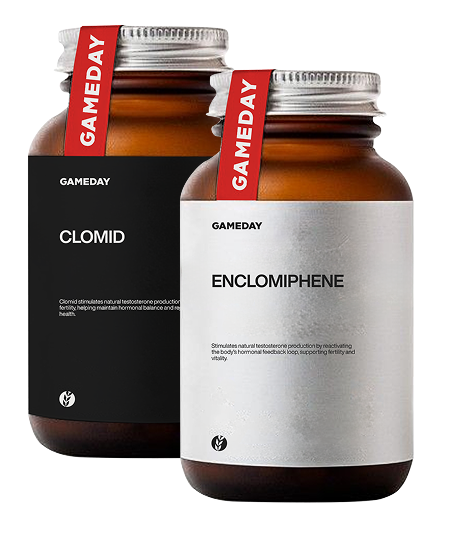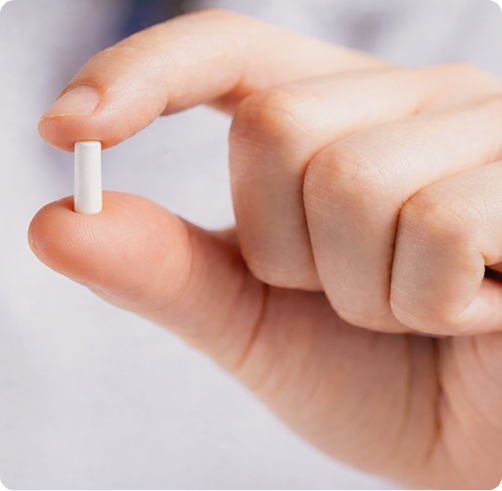

Personalized Health, Lasting Results
Testosterone Replacement Therapy & Optimization
Testosterone Replacement Therapy & Optimization Treatments


Testosterone Cypionate Injections
Testosterone Cypionate provides long-acting hormone support through periodic injections that maintain steady testosterone levels. This option enhances muscle strength, bone health and overall vitality. Beneficial for men with confirmed hormone deficiency and performance-focused goals.
Offered at select clinics.
Testosterone Cypionate Injections
Testosterone Cypionate provides long-acting hormone support through periodic injections that maintain steady testosterone levels. This option enhances muscle strength, bone health and overall vitality. Beneficial for men with confirmed hormone deficiency and performance-focused goals.


Clomid / Enclomiphene
Clomid and Enclomiphene work by stimulating your body’s hormonal response to naturally boost testosterone and support fertility. Ideal for men who want to reclaim hormone balance without traditional testosterone injections, this protocol supports libido, sperm health and vitality through guided care.
Offered at select clinics.
Clomid / Enclomiphene
Clomid and Enclomiphene work by stimulating your body’s hormonal response to naturally boost testosterone and support fertility. Ideal for men who want to reclaim hormone balance without traditional testosterone injections, this protocol supports libido, sperm health and vitality through guided care.
.png)
.png)
Oral TRT (KYZATREX®)
This bioidentical oral testosterone formulation delivers stable hormone levels designed to restore energy, mood and masculine performance. It’s an ideal option for men seeking the convenience of a pill with the clinically proven benefits of medically supervised testosterone replacement.
Offered at select clinics.
Oral TRT (KYZATREX®)
This bioidentical oral testosterone formulation delivers stable hormone levels designed to restore energy, mood and masculine performance. It’s an ideal option for men seeking the convenience of a pill with the clinically proven benefits of medically supervised testosterone replacement.


Testosterone Pellets
Testosterone pellets offer a slow-release solution for consistent hormone balance over months at a time. Once implanted beneath the skin, these pellets provide steady testosterone delivery, reducing the need for frequent dosing and helping men maintain energy, mood and drive with minimal disruption.
Offered at select clinics.
Testosterone Pellets
Testosterone pellets offer a slow-release solution for consistent hormone balance over months at a time. Once implanted beneath the skin, these pellets provide steady testosterone delivery, reducing the need for frequent dosing and helping men maintain energy, mood and drive with minimal disruption.
Compare Testosterone Replacement Therapy & Optimization Treatments


